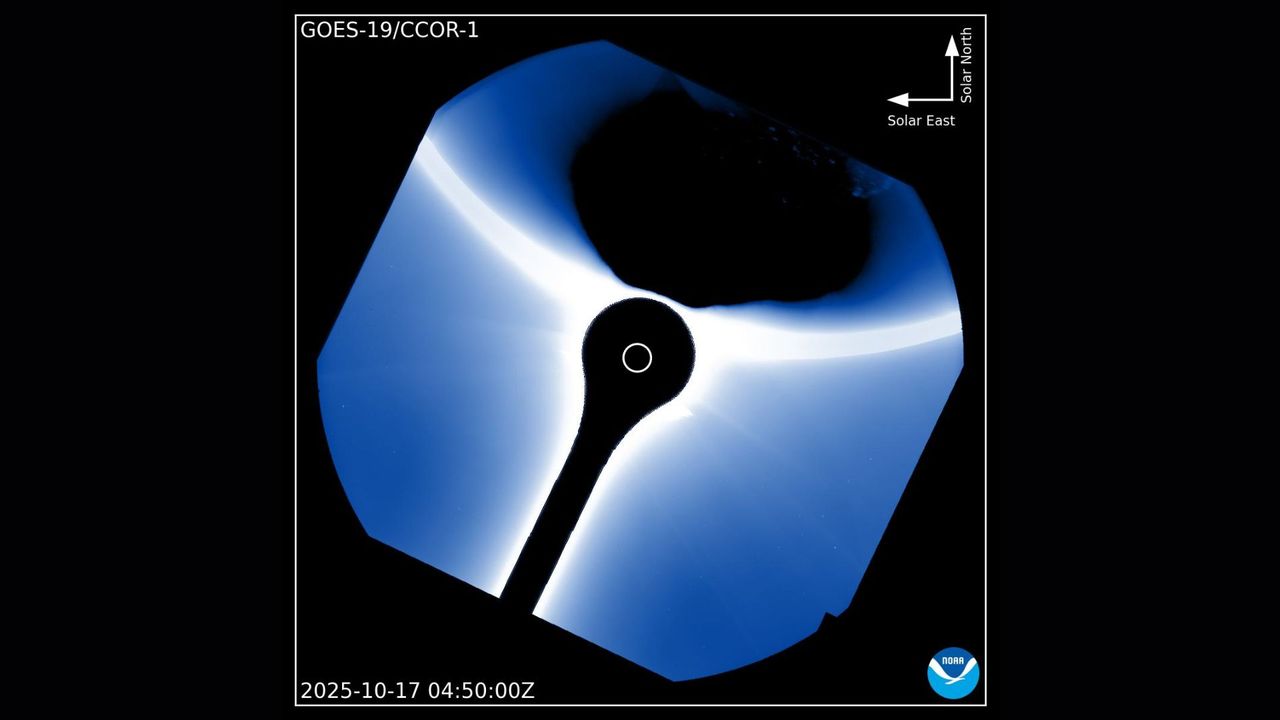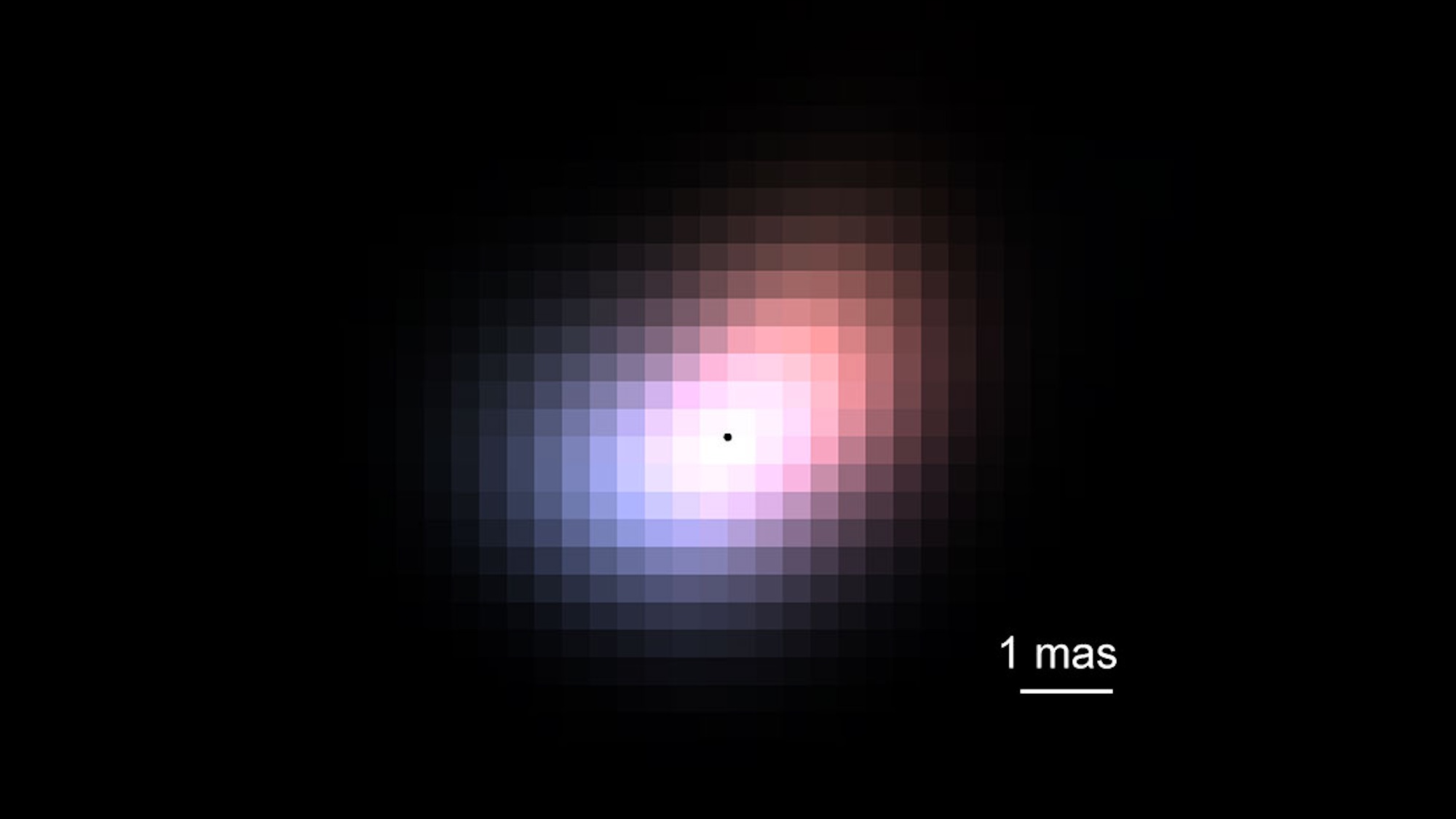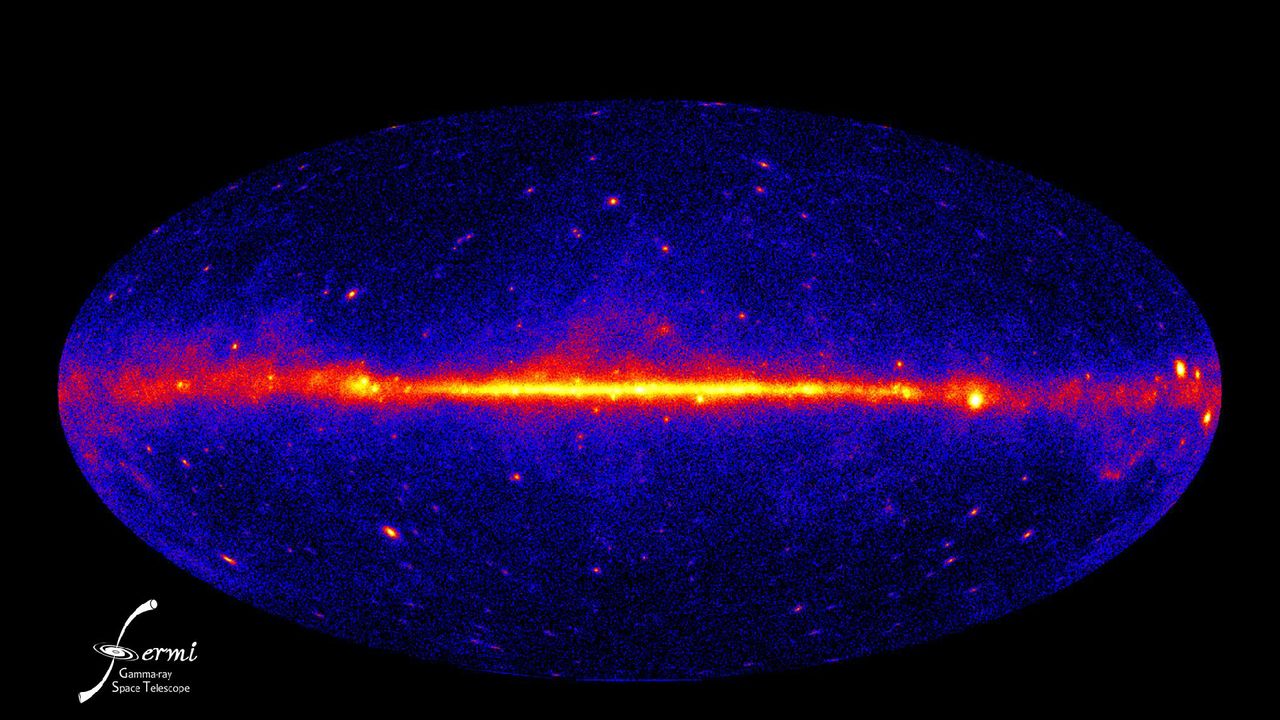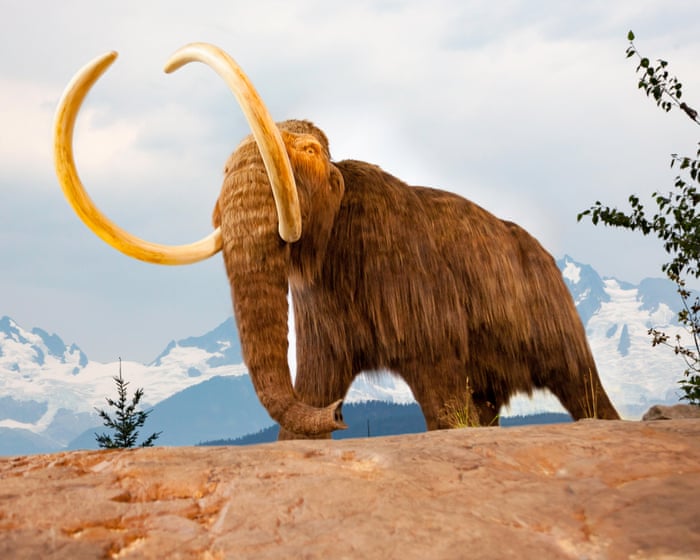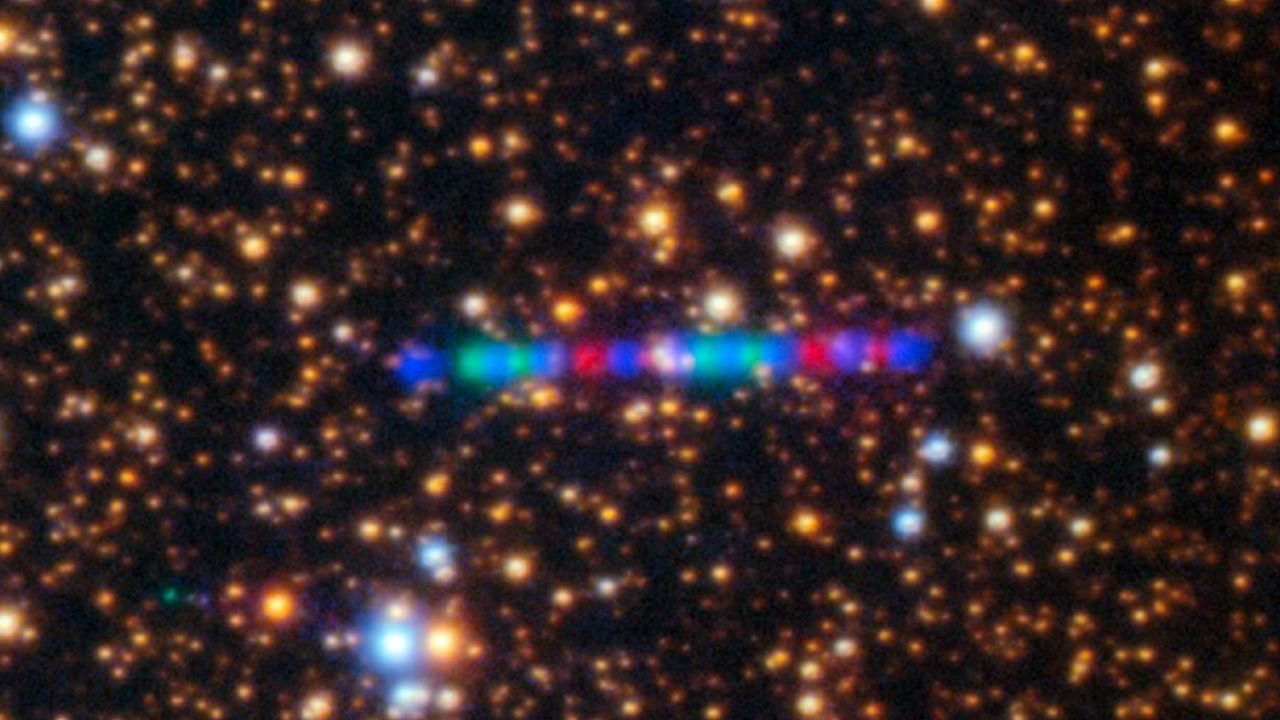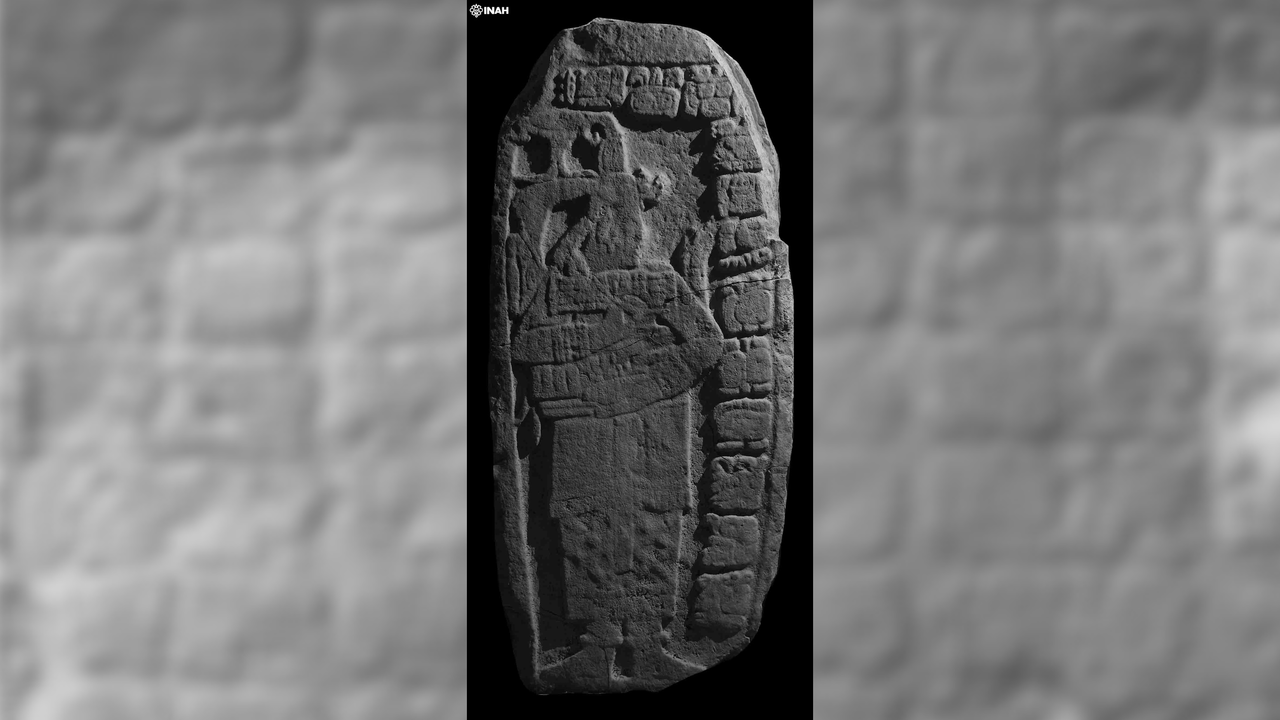Without Jupiter, Earth may have spiraled into the sun long ago
PositiveScience
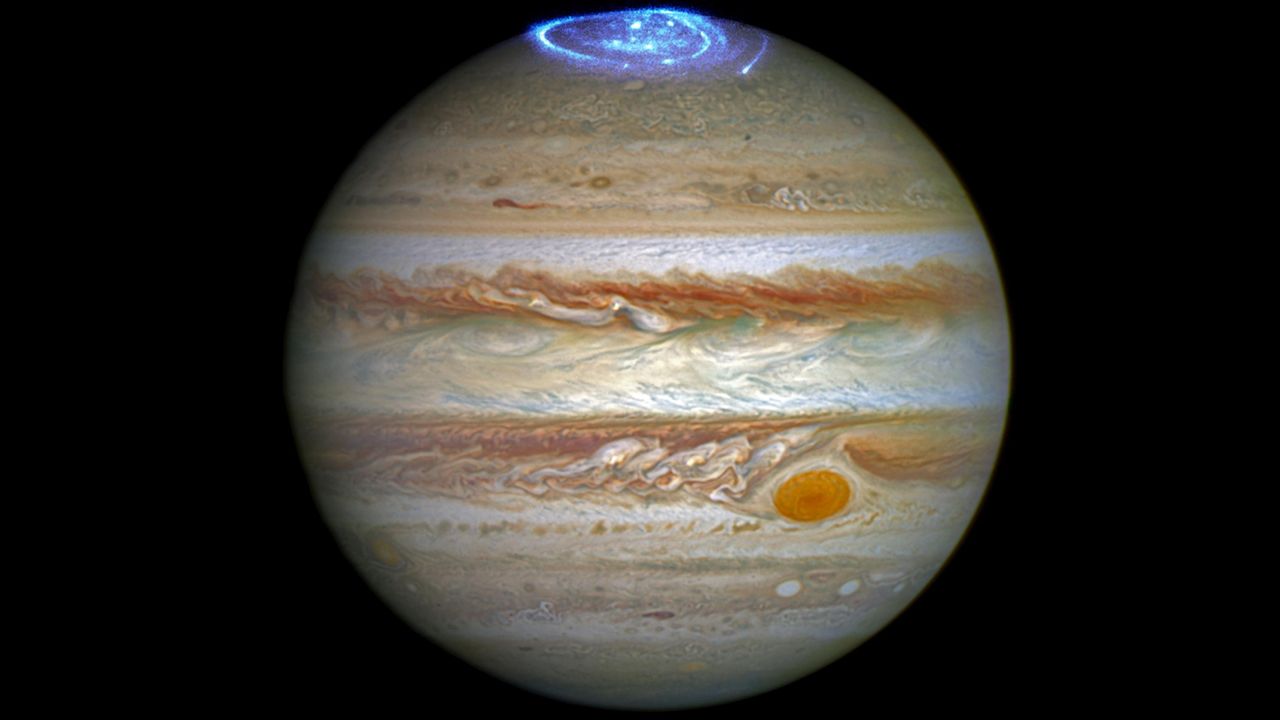
Recent research highlights the crucial role Jupiter plays in our solar system, suggesting that without its gravitational influence, Earth could have been on a collision course with the sun. This study reveals how Jupiter's formation created rings and gaps that significantly impacted the development of planets and meteorites. Understanding these dynamics not only deepens our knowledge of planetary formation but also emphasizes the delicate balance that sustains life on Earth.
— Curated by the World Pulse Now AI Editorial System
